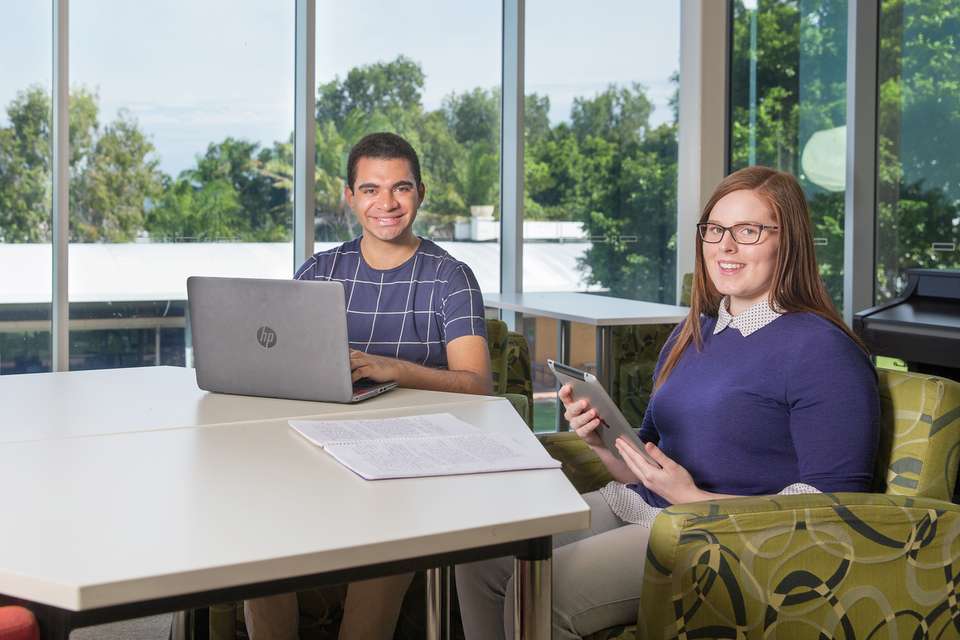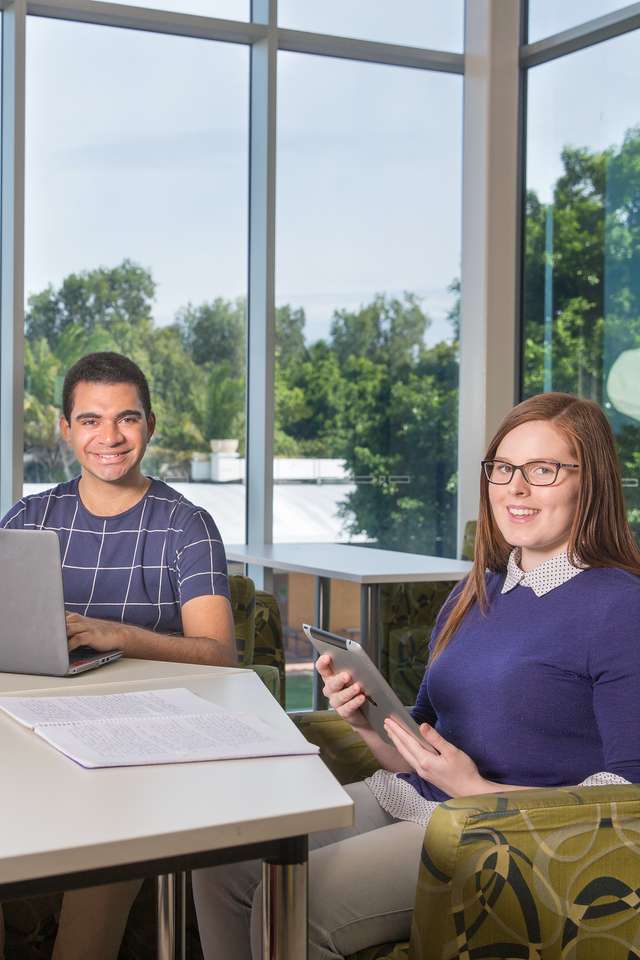Aircraft Maintenance
Develop critical skills for a successful career as an aviation maintenance specialist, avionic engineer or aircraft maintenance engineer.
Find a course
Related Disciplines
Aviation
Take your career to new heights and gain the specialist skills needed to become a pilot or aviation manager with CQU's aviation courses.
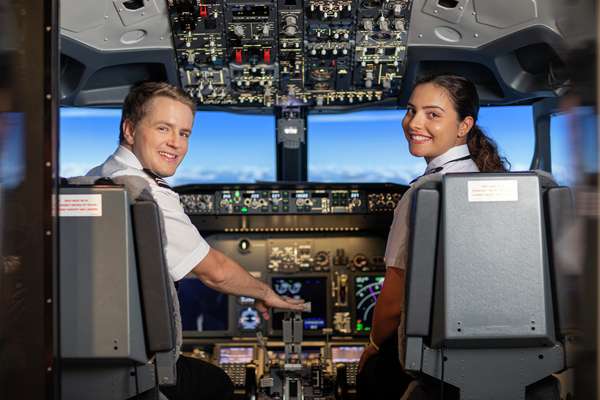
Mechanical Engineering
Choose from a range of degrees offering majors in Mechanical Engineering and learn through a mix of theory and practical experiences.
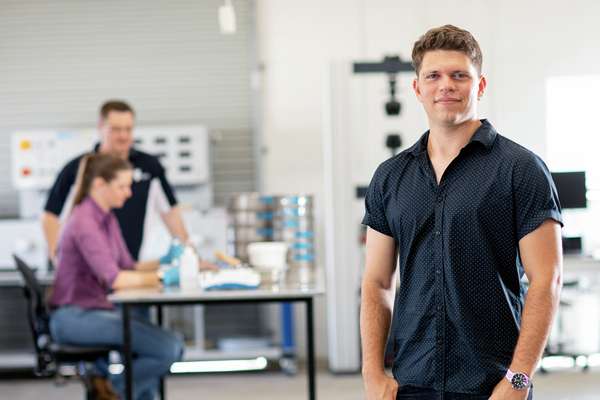
Electrical Engineering
Select from a range of courses that offer a major in Electrical Engineering and prepare for a rewarding career in the energy sector.
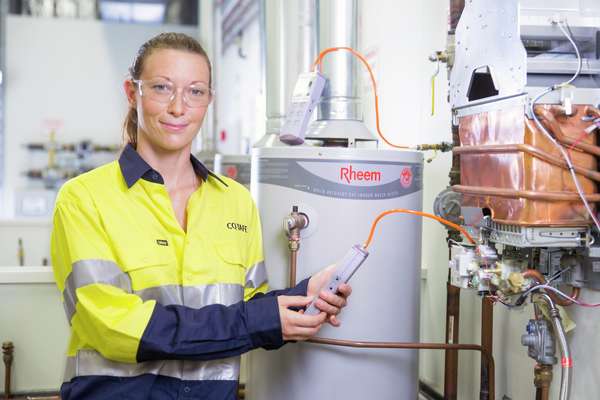
Get in Touch
Not sure what course is best for you? We’re here to help. Get in touch by phone, message or in person, and we’ll help you explore your study options.
